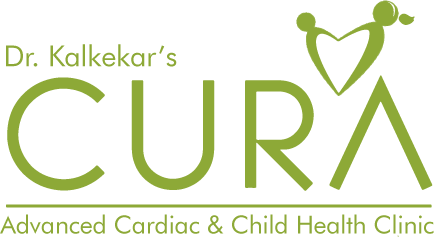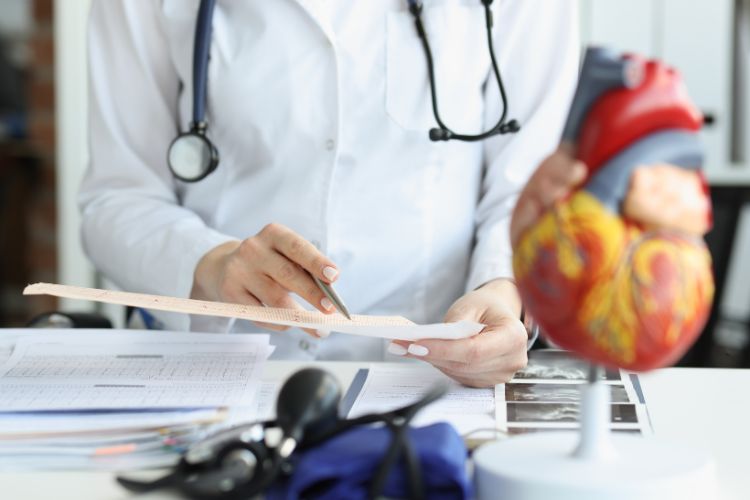When Should You See A Cardiologist? Signs Your Heart Needs Attention
Your heart works tirelessly to keep you going, but how do you know when it's time to give it some extra attention? Heart issues don’t always show up in obvious ways, and sometimes, the warning signs can be subtle. Knowing when to see a cardiologist could be the key to protecting your health and avoiding bigger problems.
Family History of Heart Disease
If heart disease runs in your family, it’s a good idea to stay proactive about your heart health. Genetics play a big role in many cardiovascular conditions, and you may be at a higher risk even if you’re living a healthy lifestyle. A trusted cardiologist can help monitor your heart health, catch early signs of trouble, and suggest preventive measures to keep your heart strong.
Chest Pain or Discomfort
Chest pain isn’t something you should ignore, especially if it feels like pressure, squeezing, or discomfort that comes and goes. While it could be something less serious, like heartburn, it’s always better to be cautious. Chest pain, particularly during physical activity, can be a sign of a blocked artery or other heart issues. As the saying goes, “It’s better to be safe than sorry.” Don’t hesitate to see a cardiologist if you experience unexplained chest pain.
Shortness of Breath
Do you find yourself gasping for air after activities that didn’t used to be challenging? Shortness of breath, especially during normal activities or when lying down, can be an early sign of heart failure. If you notice that you’re getting winded easily or your breathing feels strained, it’s time to consult a doctor. Your heart might be struggling to pump blood efficiently, and a trusted cardiologist can help identify the underlying cause.
High Blood Pressure
Hypertension, or high blood pressure, is one of the most common risk factors for heart disease, yet it often goes unnoticed. Left untreated, it can damage your arteries, increase your risk of heart attack and stroke, and even lead to kidney damage. If you’ve been diagnosed with high blood pressure, it’s important to monitor it closely and work with a cardiologist to keep it under control.
Irregular Heartbeat
Do you ever feel like your heart is racing, skipping beats, or pounding unusually hard? These could be signs of an arrhythmia, which is an abnormal heart rhythm. Many arrhythmias are harmless, but some can lead to serious complications like stroke or heart failure. A cardiologist can perform tests to determine whether your irregular heartbeat is a cause for concern and recommend appropriate treatment.
High Cholesterol Levels
Cholesterol plays a vital role in your body's functions, but high levels of LDL (bad cholesterol) can lead to plaque buildup in your arteries, increasing the risk of heart disease. If your cholesterol levels are higher than normal, you may want to see a cardiologist to discuss lifestyle changes or medications to lower your risk. Regular check-ups can keep cholesterol levels in check and prevent the development of more serious heart conditions.
Diabetes or Obesity
People living with diabetes or obesity have an increased risk of developing heart disease. Both conditions can strain your heart, leading to complications like high blood pressure, arterial damage, and an increased likelihood of a heart attack. If you have diabetes or are struggling with weight issues, it’s a good idea to work with a cardiologist who can guide you on how to protect your heart health.
What to Expect When Visiting a Cardiologist
Paying attention to these early signs and symptoms can help you take control of your heart health before more serious issues arise. Whether you have a family history of heart disease, struggle with high cholesterol, or experience unexplained symptoms like chest pain or shortness of breath, don’t delay seeking medical advice. A proactive approach to heart health can make all the difference in maintaining a long and healthy life.
If you’re experiencing any of the symptoms mentioned above and looking for a trusted cardiologist, schedule a consultation with our expert at Dr. Kalkekar’s CURA Advanced Cardiac & Child Health Clinic.




